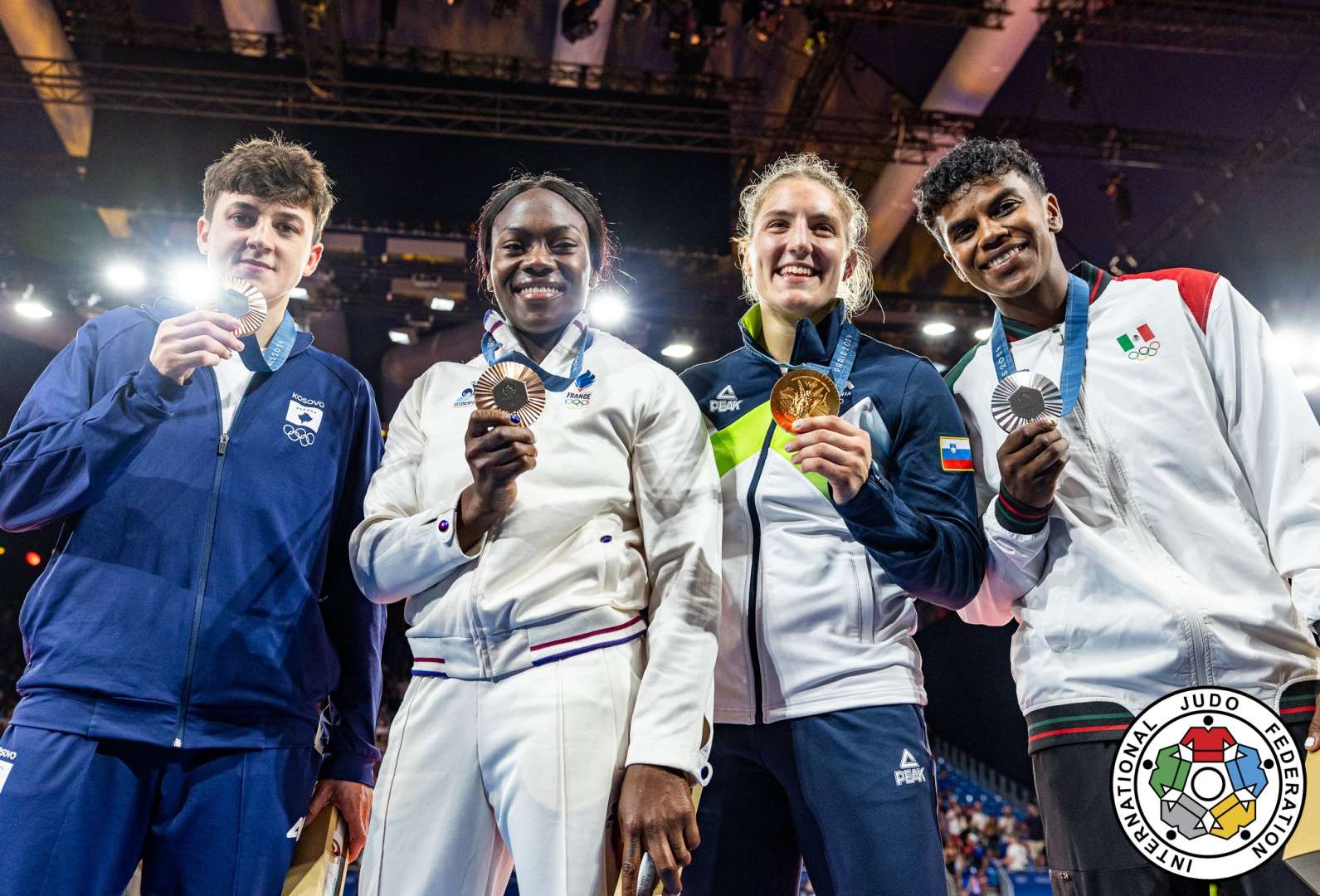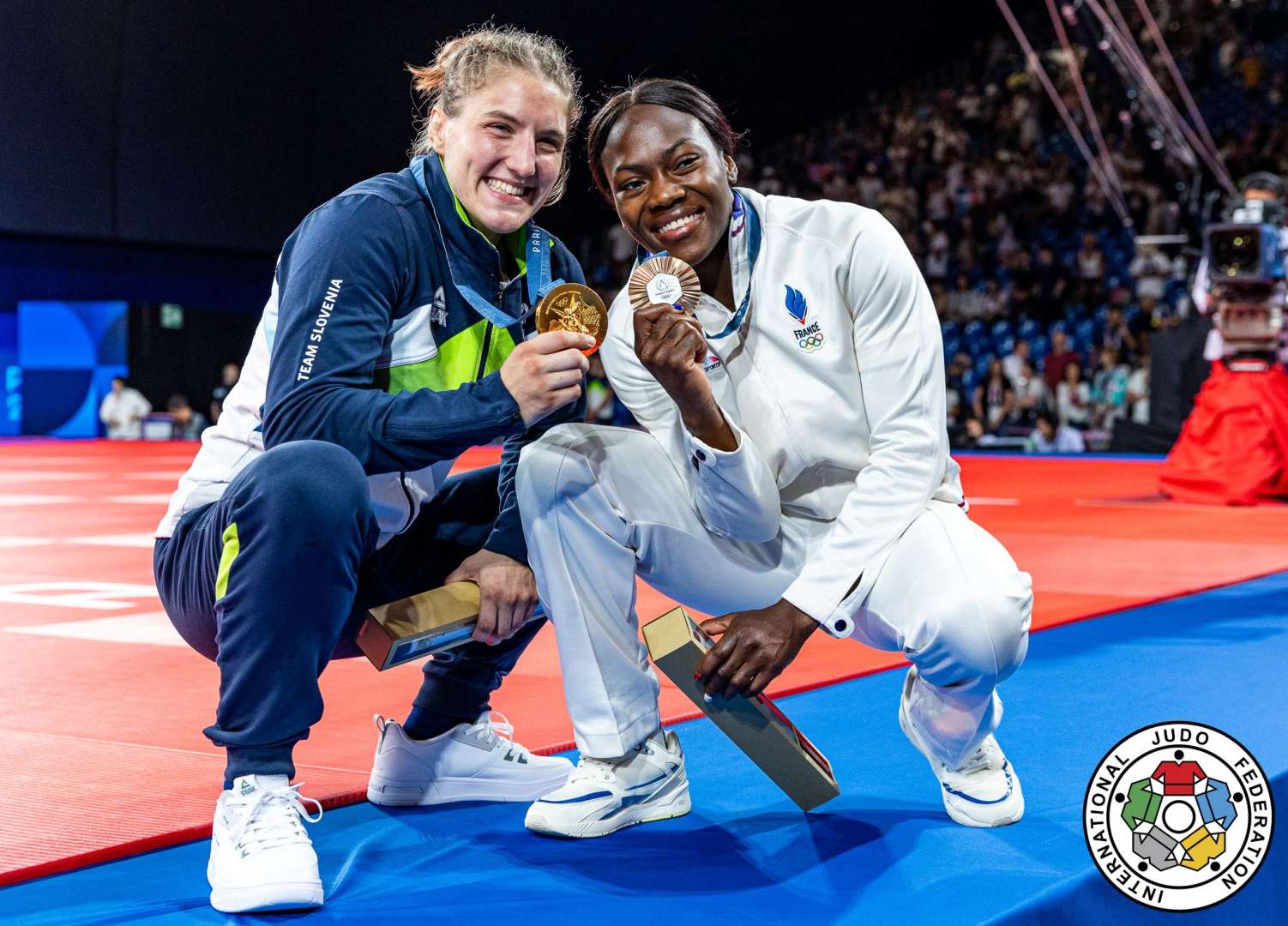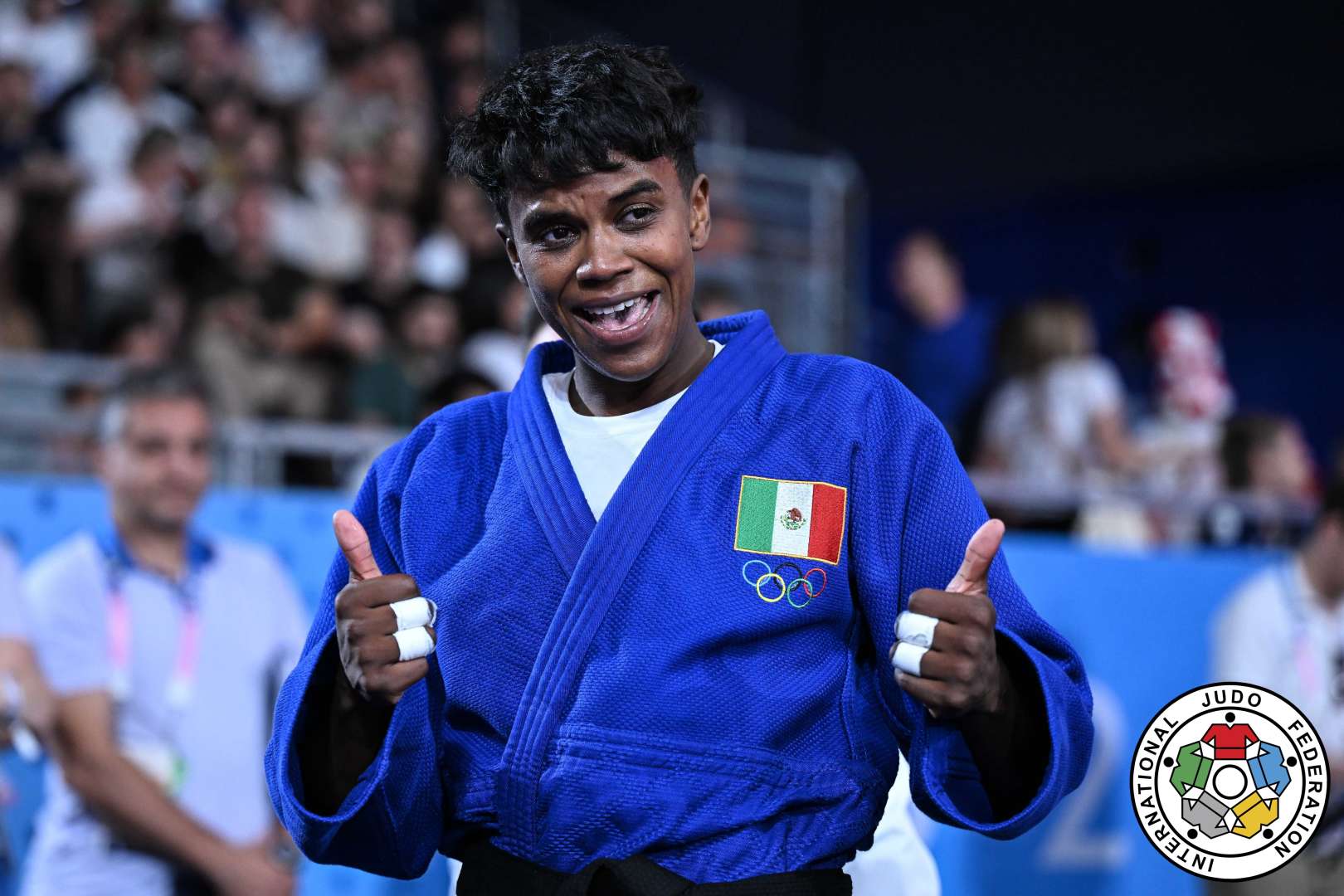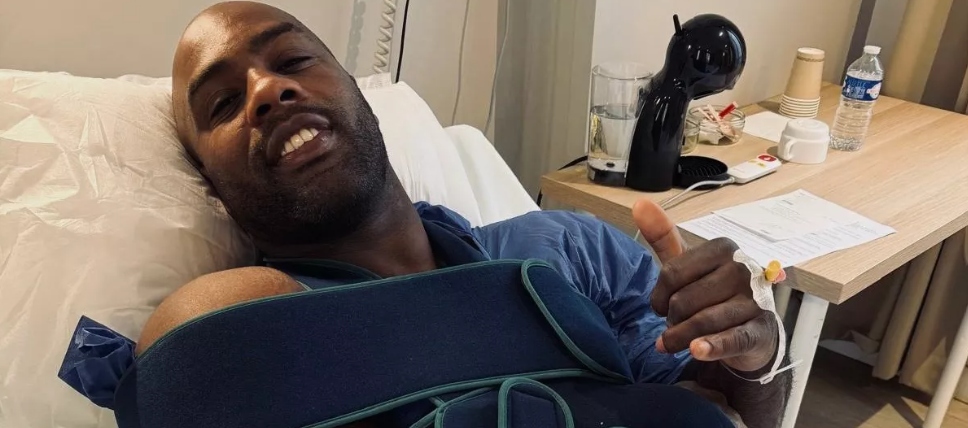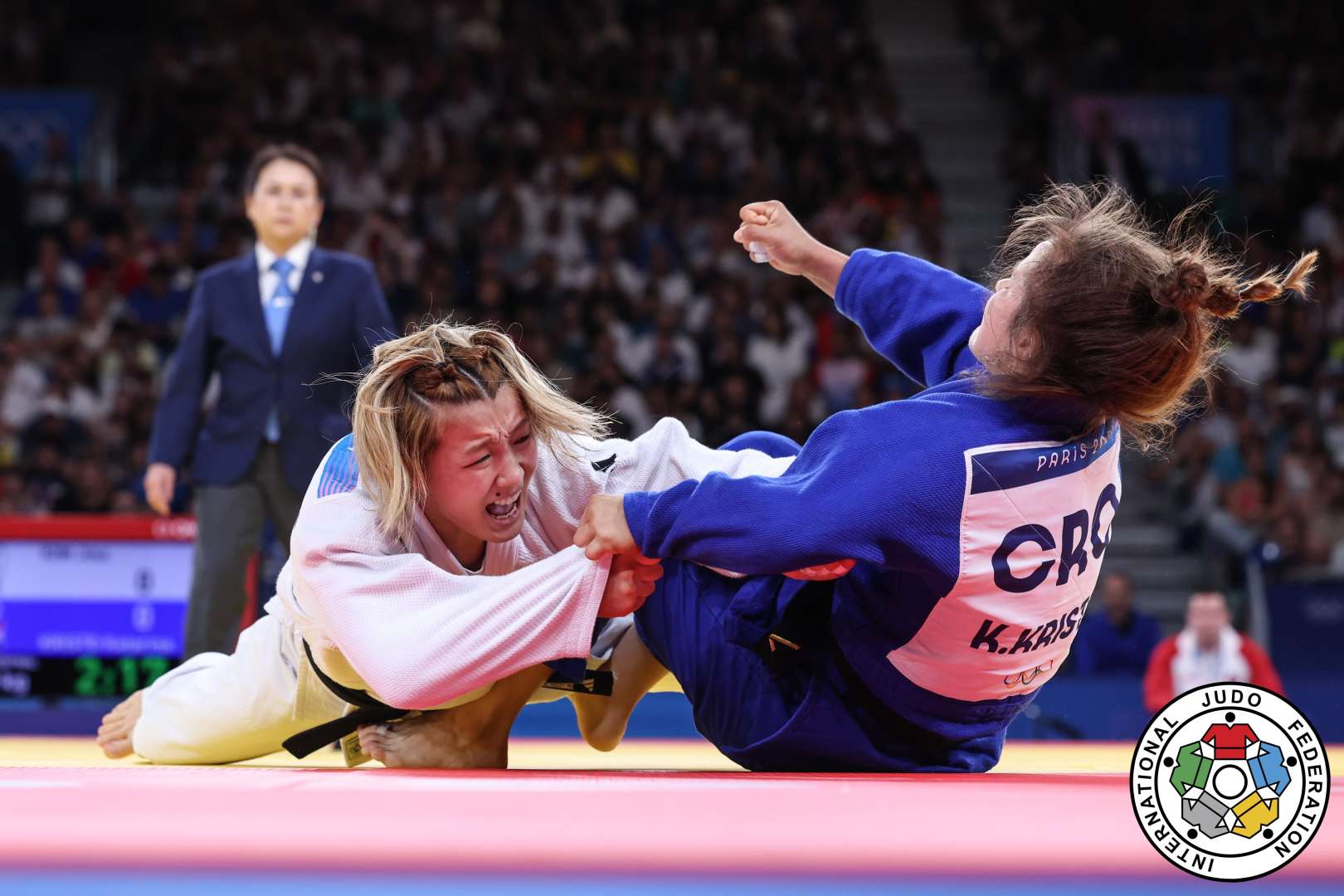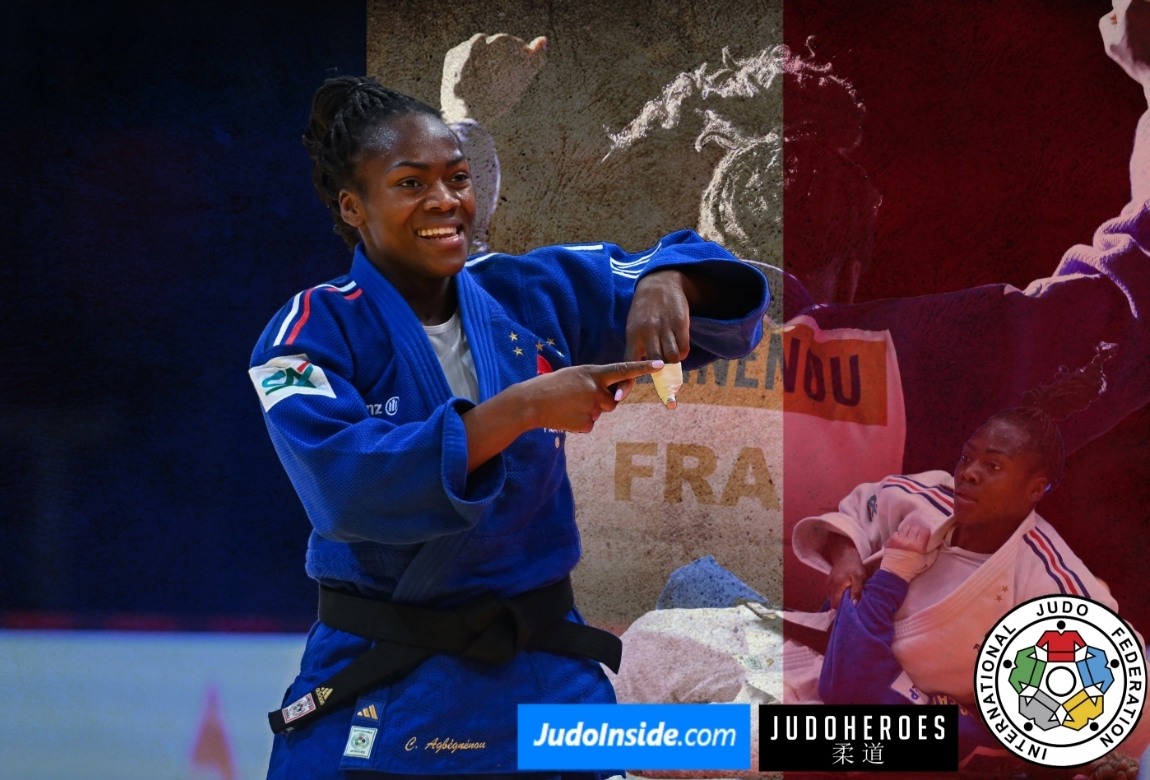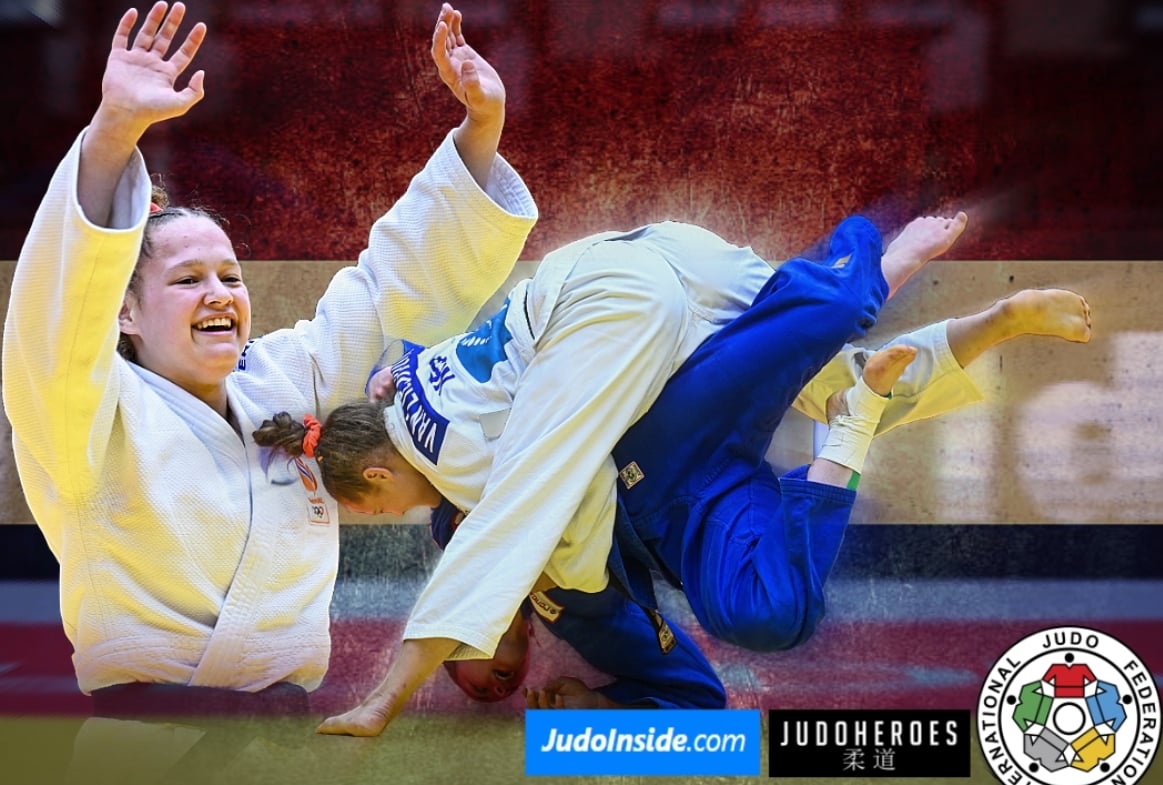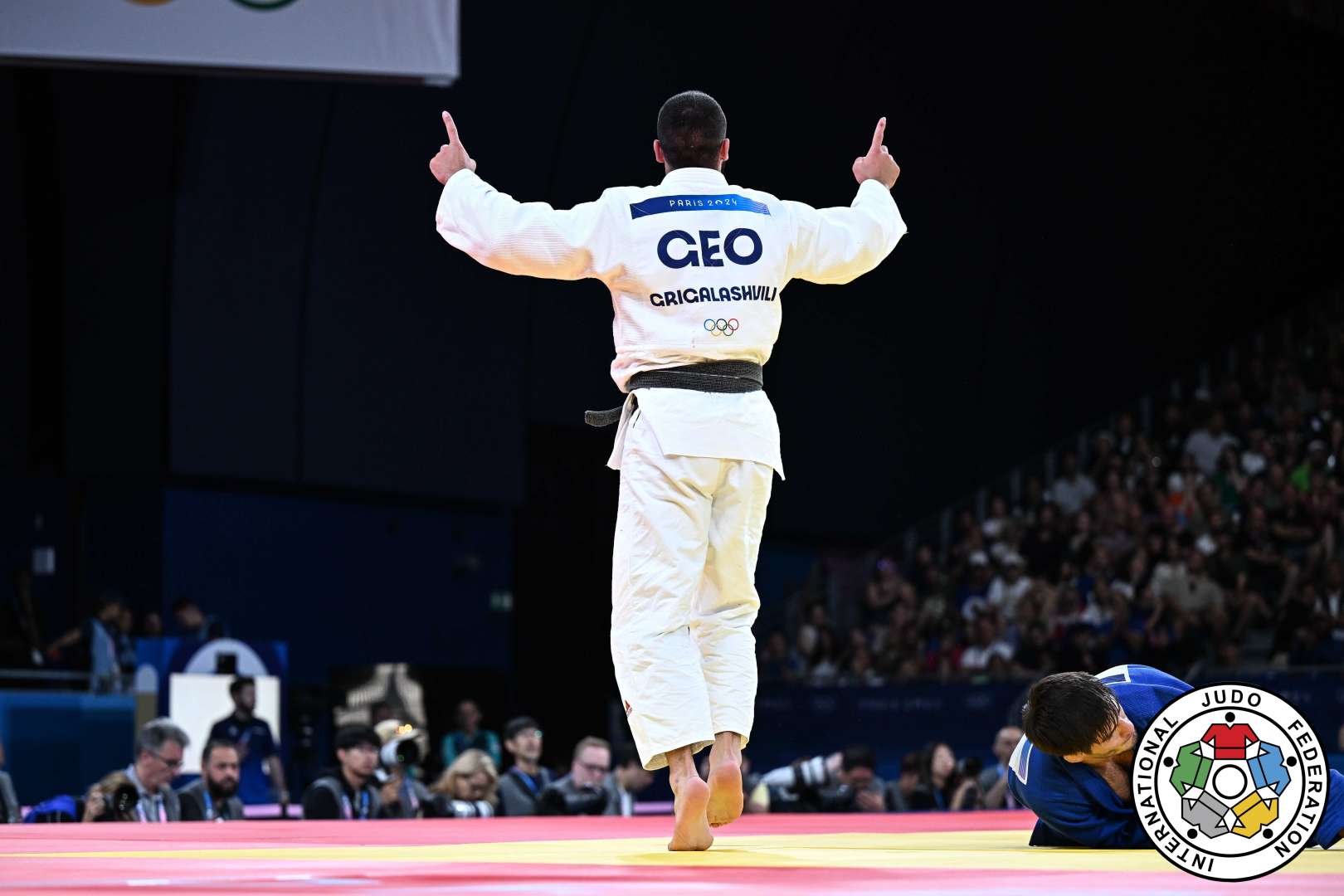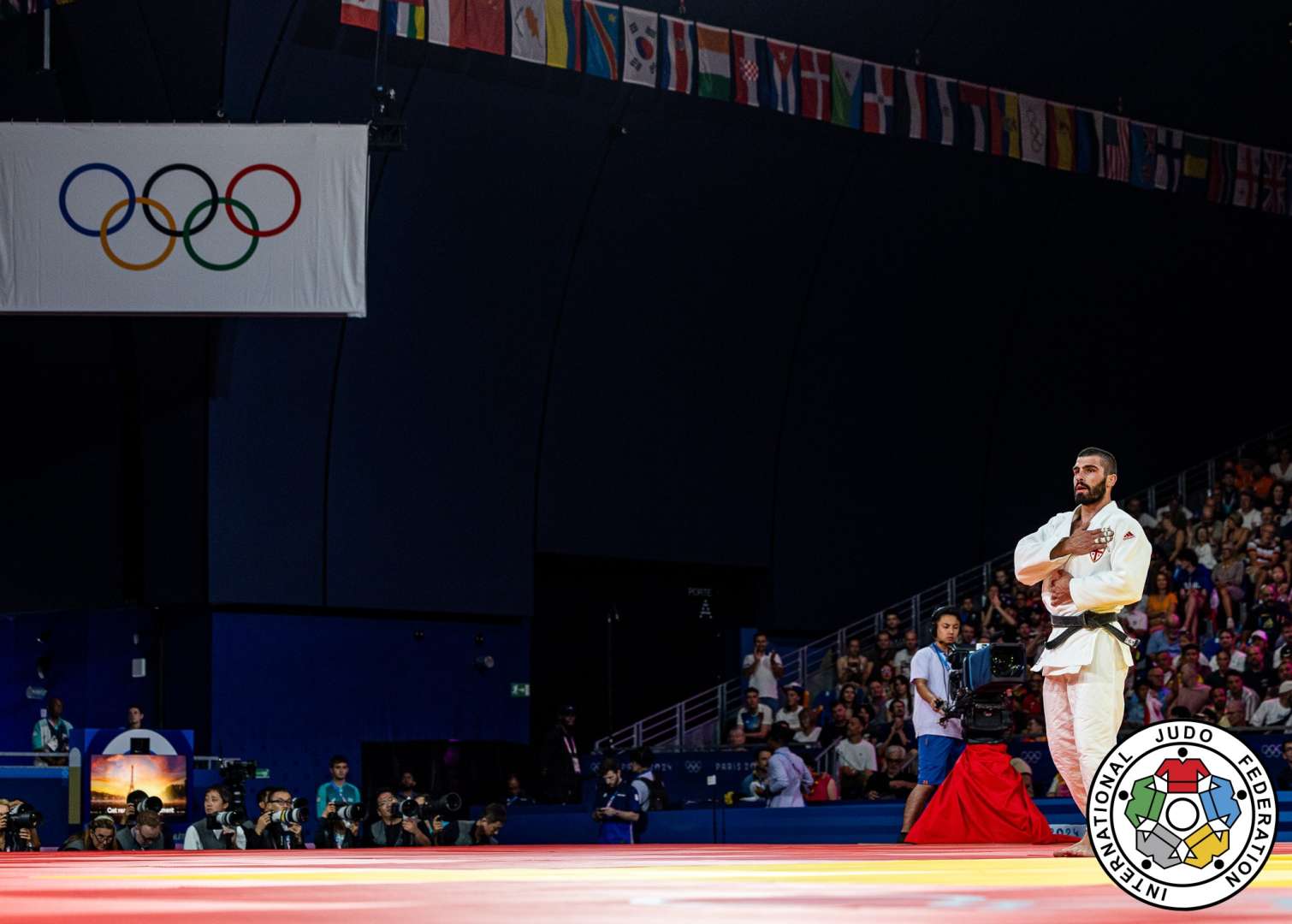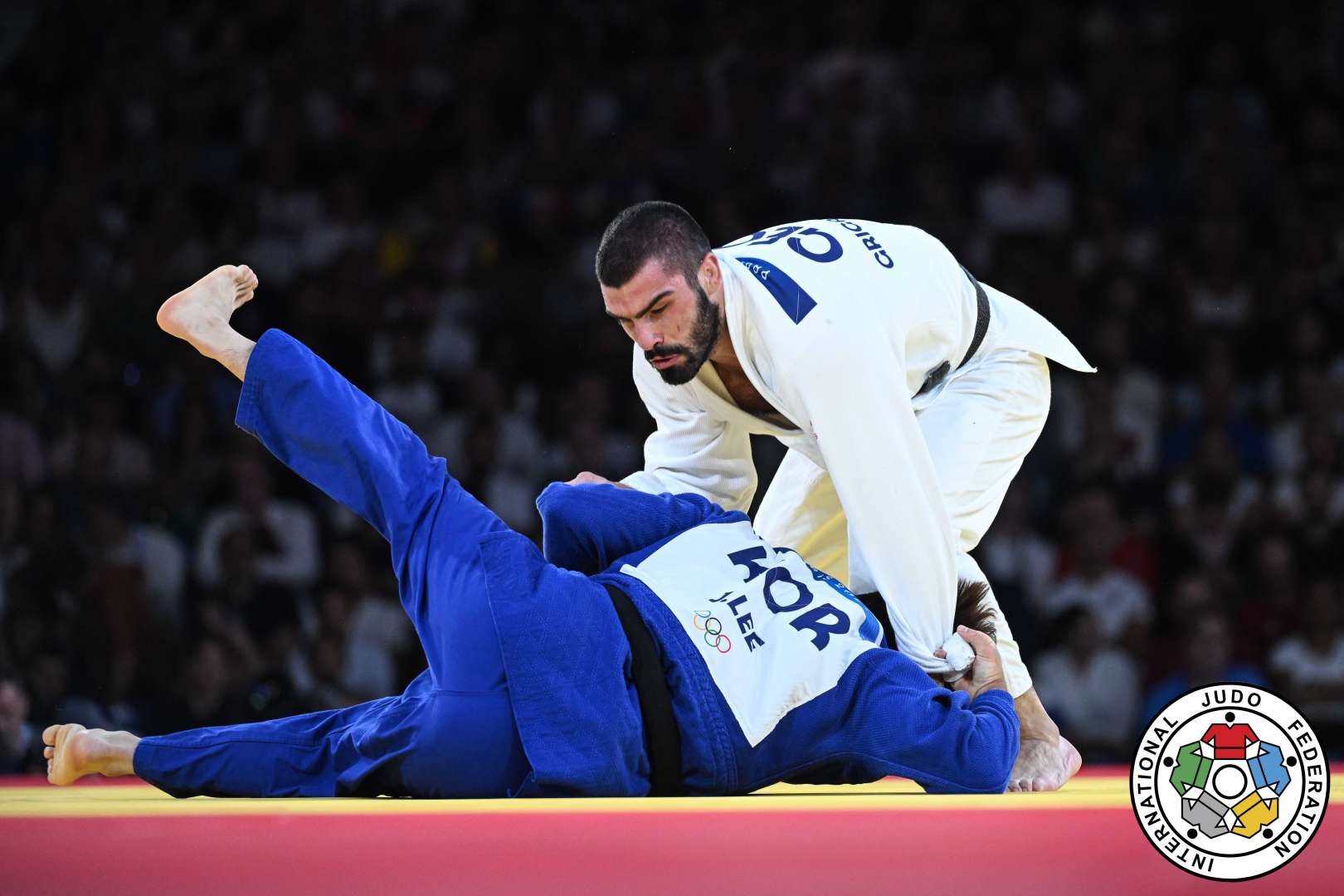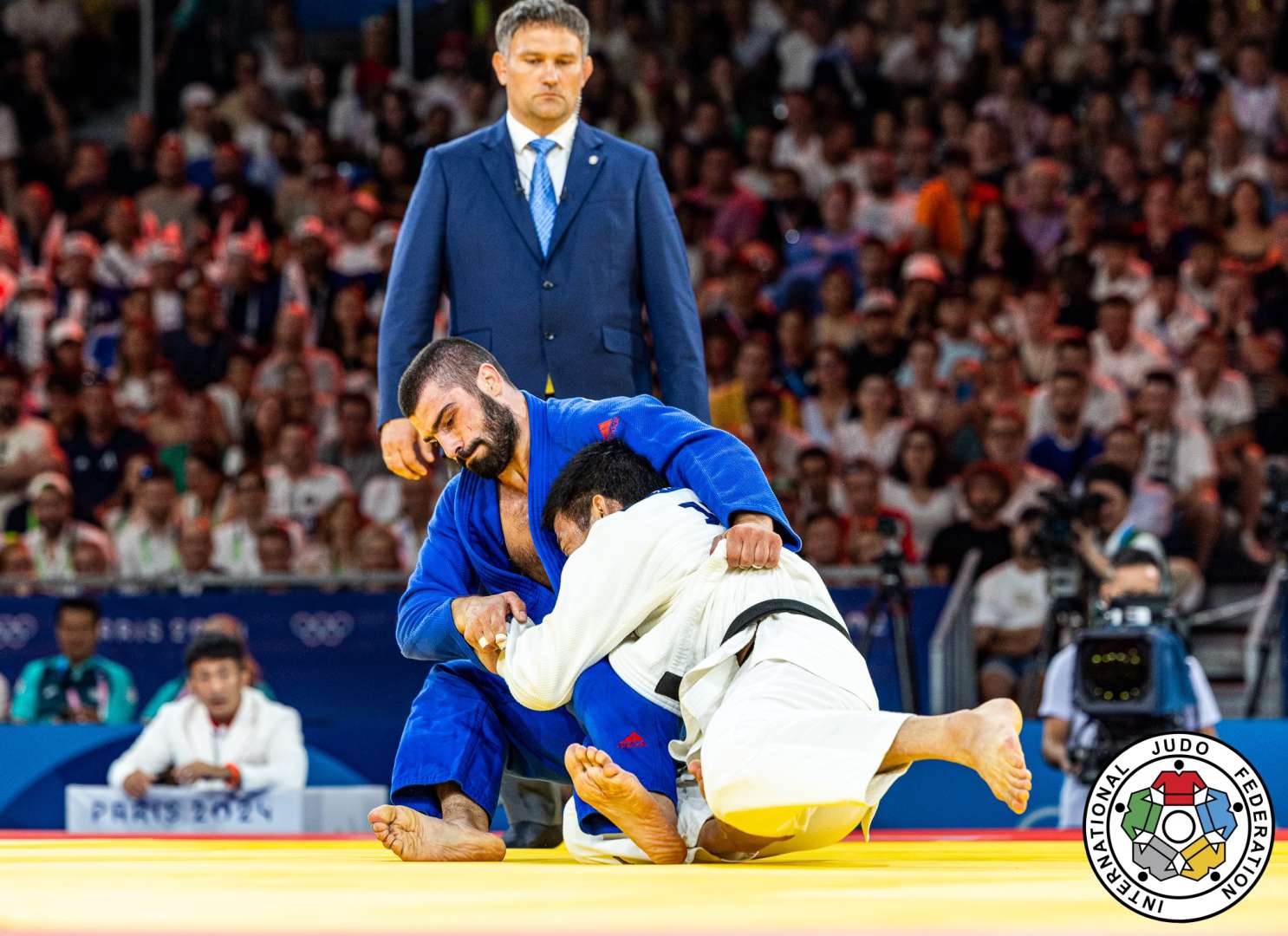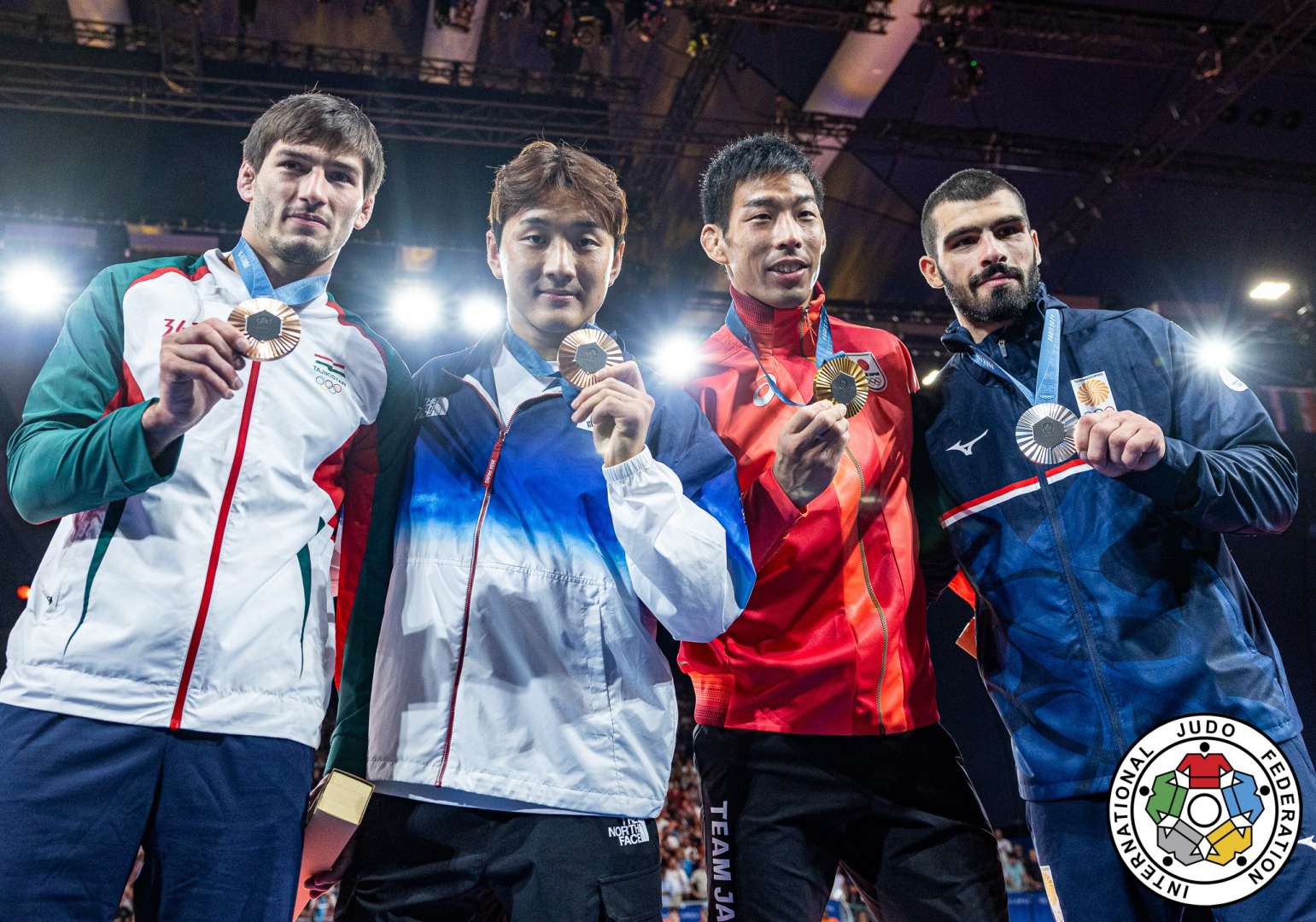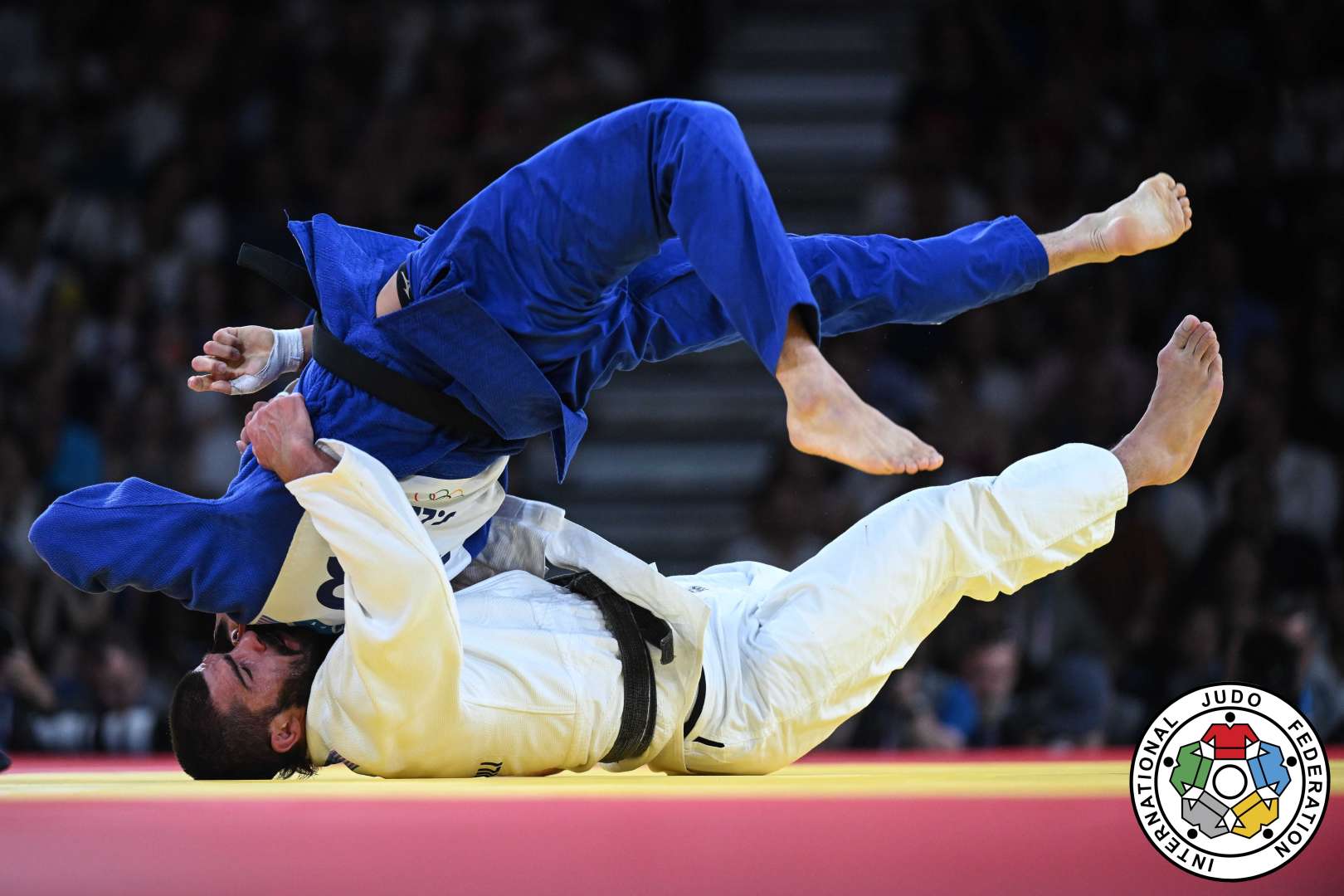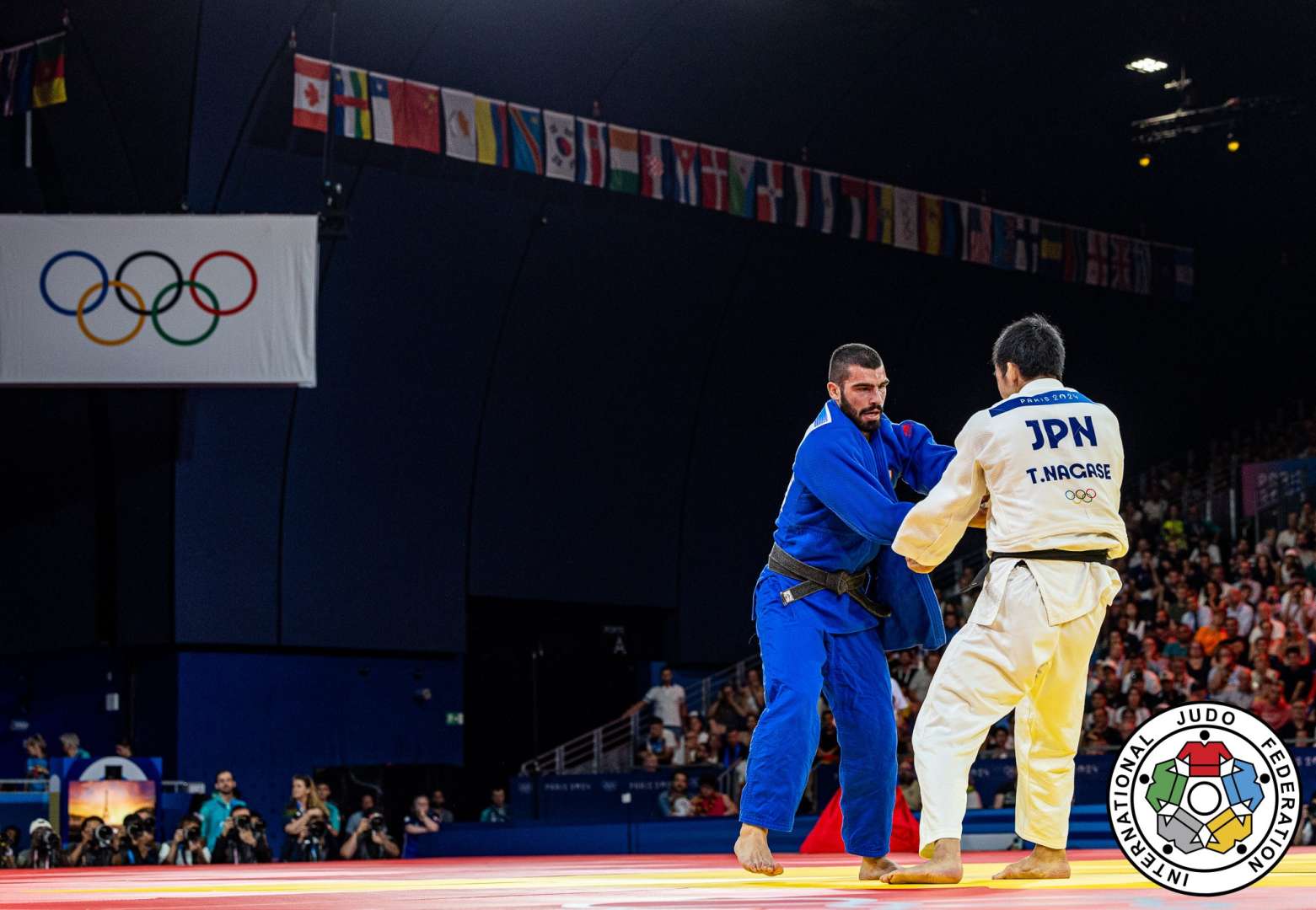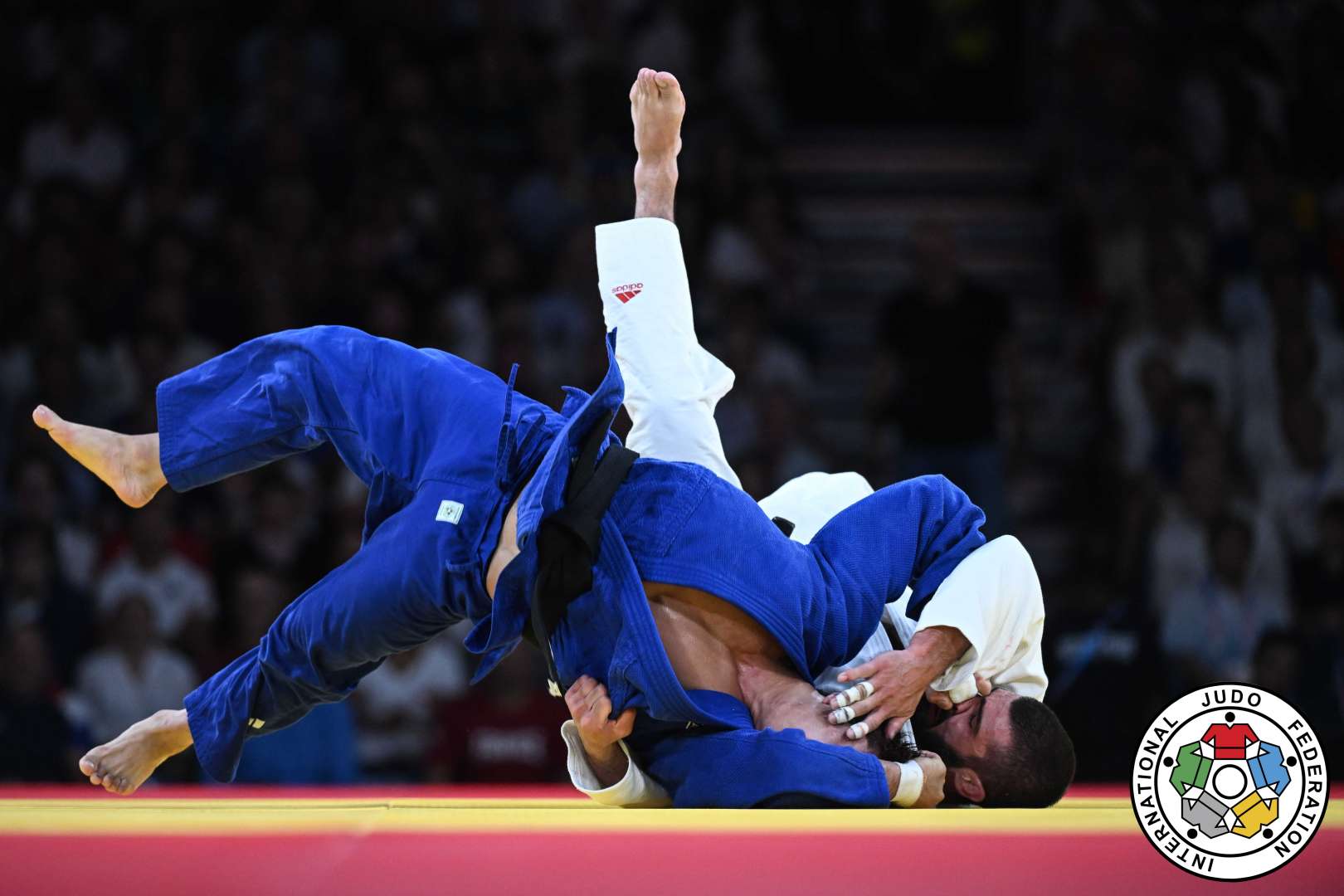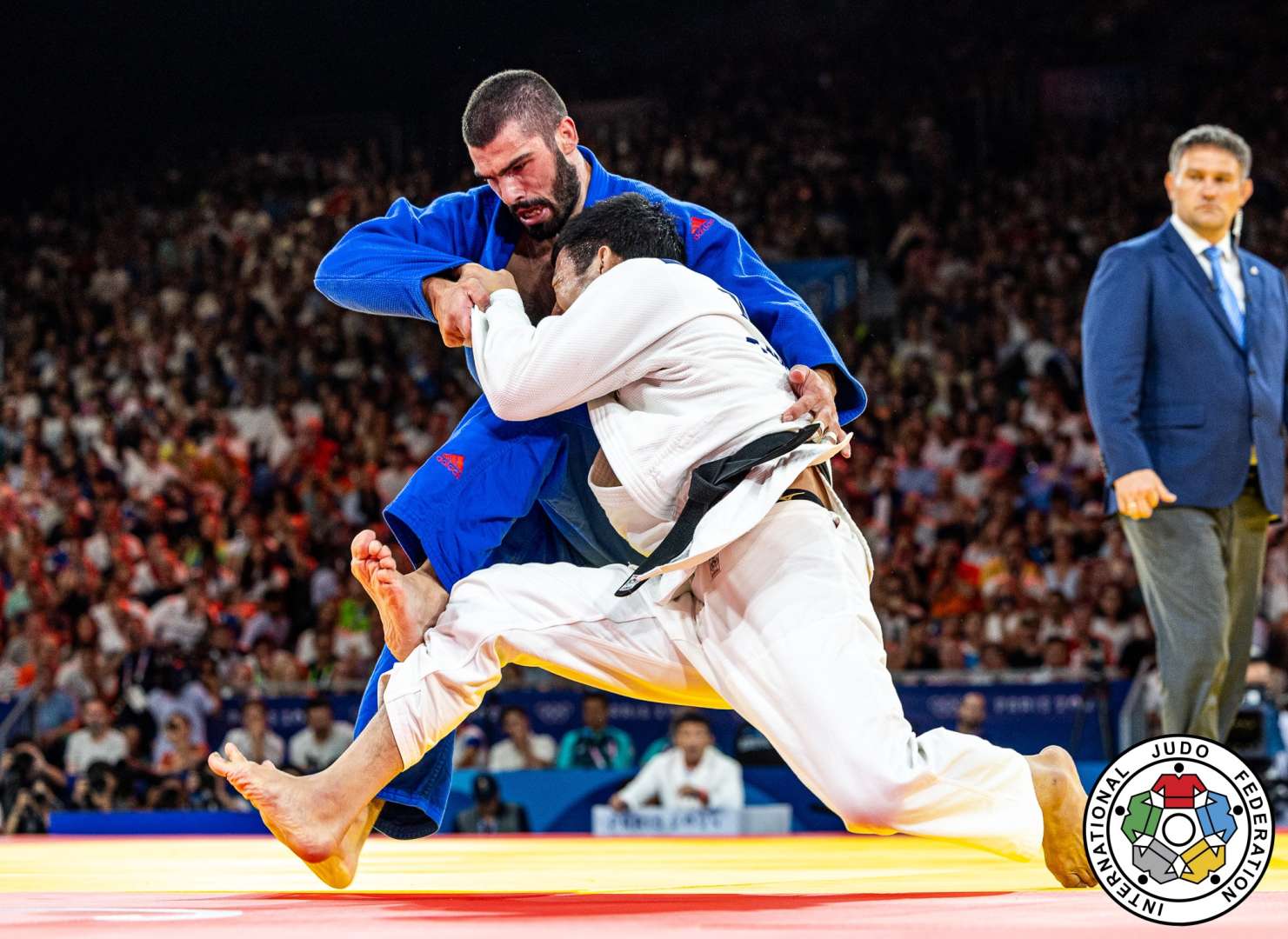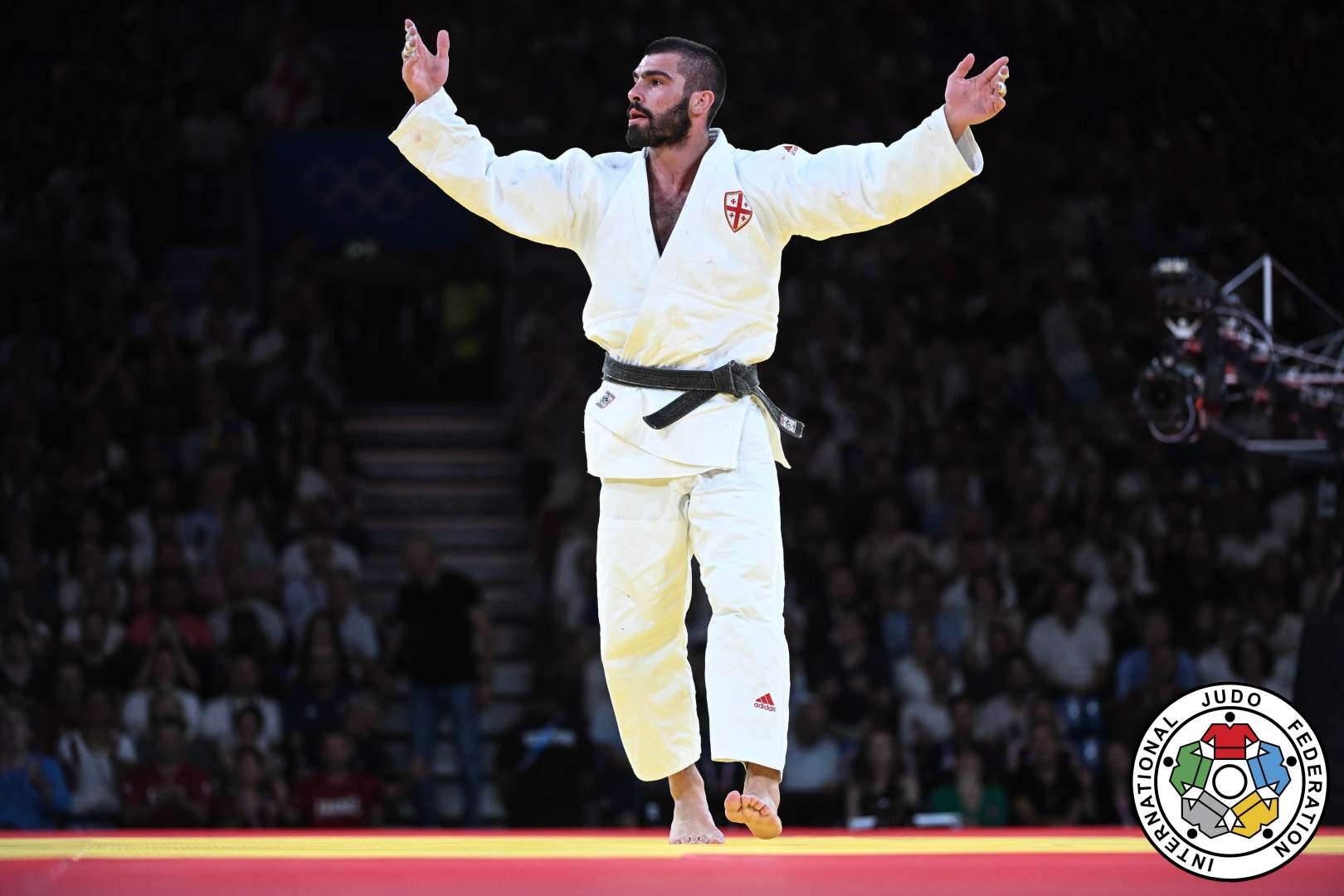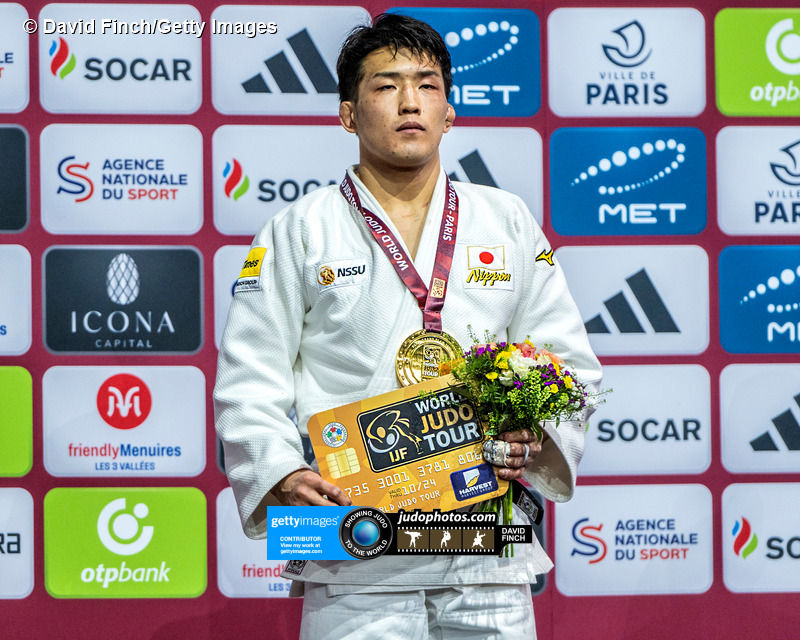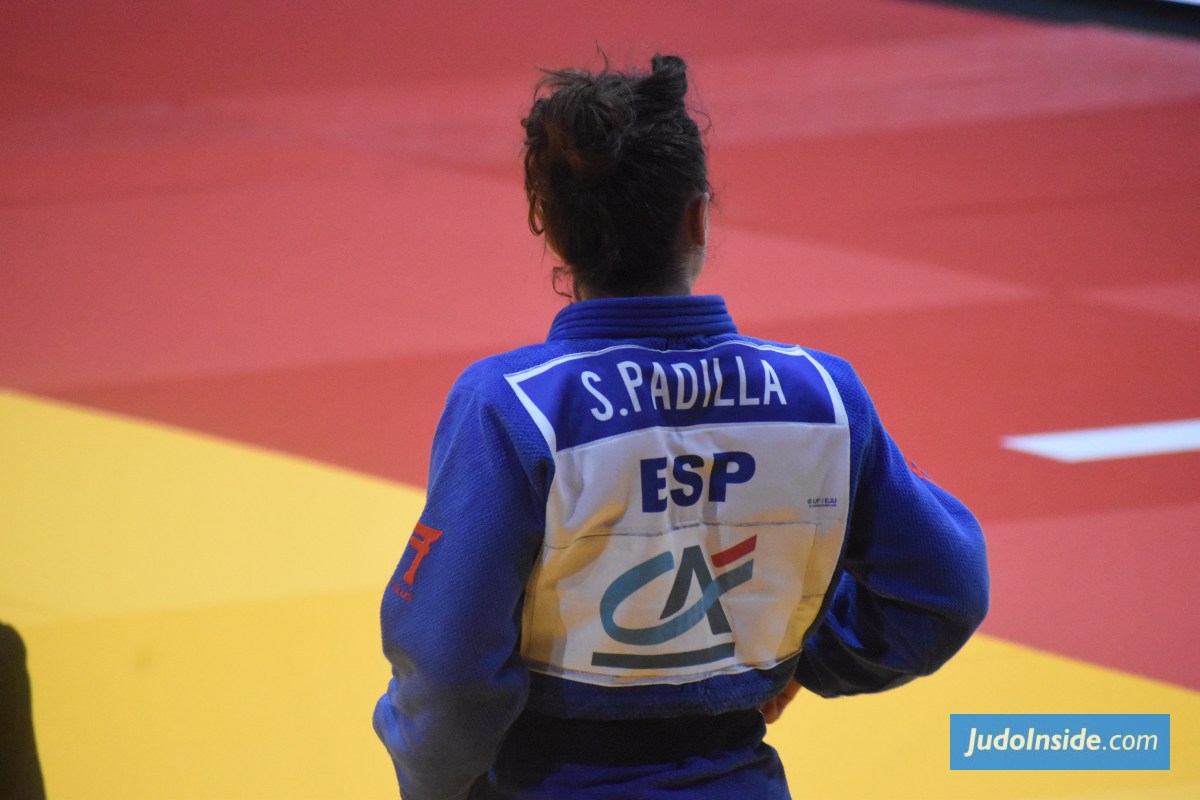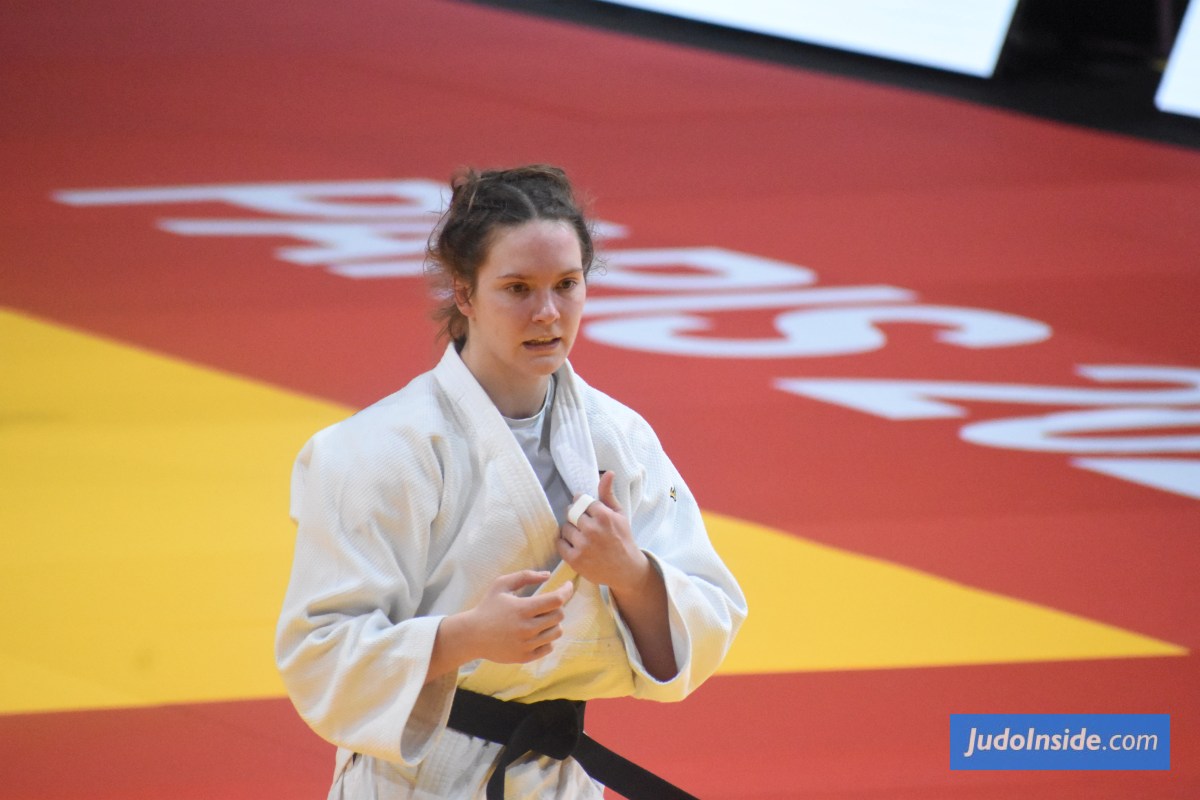Andreja Leski enjoyed the five contests and continues the legacy of Slovenia
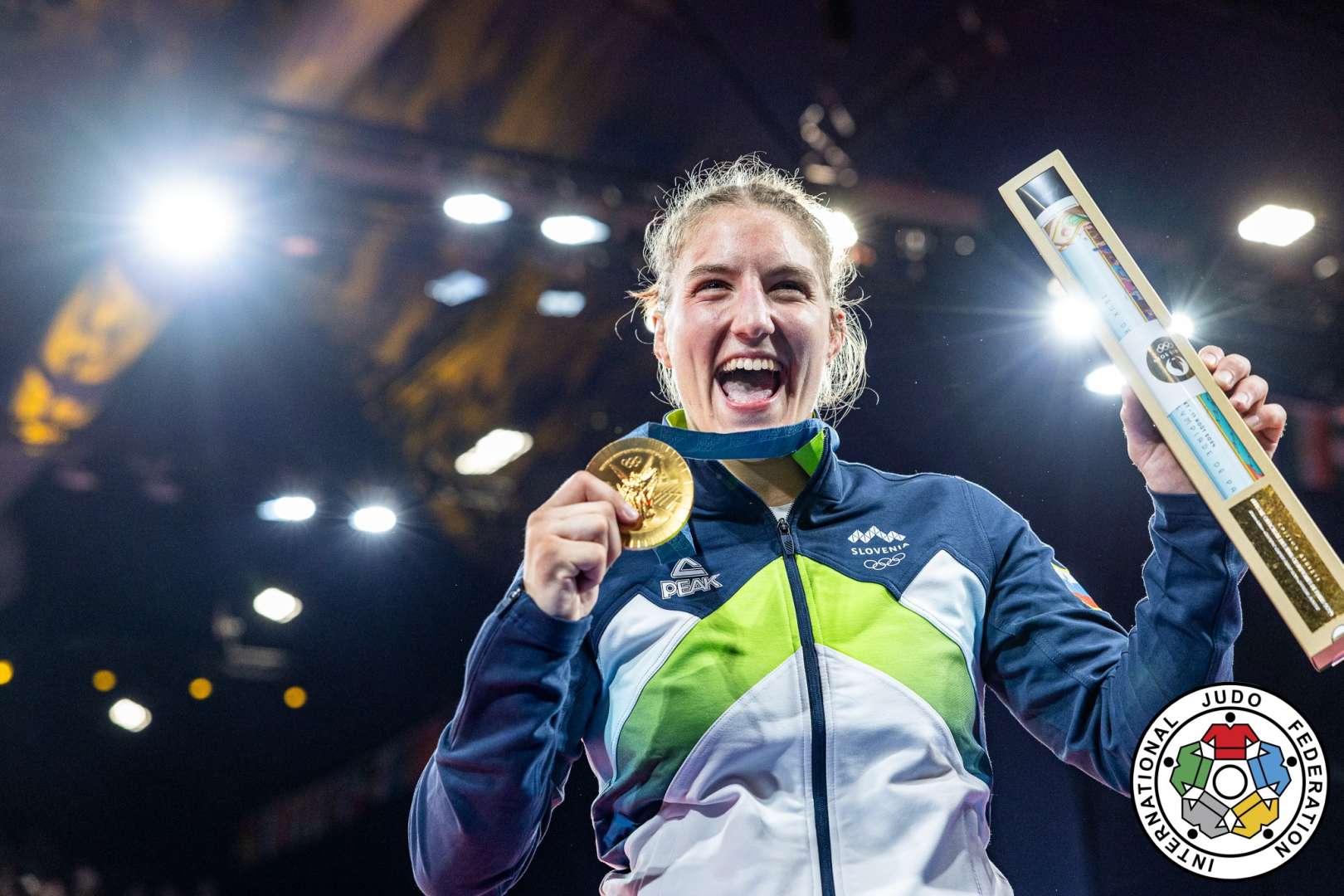
 30 Jul 2024 21:50
30 Jul 2024 21:50
 IJF Media team by Jo Crowley and JudoInside
IJF Media team by Jo Crowley and JudoInside
 IJF Gabriela Sabau / International Judo Federation
IJF Gabriela Sabau / International Judo Federation
Andreja Leski of Slovenia became the Olympic champion, continuing the incredible legacy of Slovenian women in judo. She is the third Slovenian woman to win the title in the last four Olympic cycles, following Urska Zolnir in 2012 and Tina Trstenjak in 2016. In the final, Leski faced Prisca Awiti-Alcaraz of Mexico. The Mexican started strong, scoring a waza-ari with her lightning-fast tomoe-nage, but Leski leveled up, eventually throwing Awiti-Alcaraz for waza-ari and securing the win with a second score.
Mexico celebrated a historic silver for the first time in judo history. The best performance until today was a ninth place, while the gold headed back to Slovenia.
After the final, Andreja Leski expressed her joy and gratitude: "Tina won silver in Tokyo, and now with my gold, I feel our victory is together. It’s for her, me, and Slovenia. My cousin, who brought me to judo, kidded me when I lost at the worlds in Doha, saying I would win against Clarisse in Paris, and now it’s true."
The afternoon session began with the first repechage contest featuring Jisu Kim of Korea and Lubjana Piovesana of Austria. Both judokas had performed well in the morning, but Piovesana was better prepared for the afternoon, winning by submission with a tight sankaku-jime to advance to the bronze medal contest.
The first bronze medal contest saw Clarisse Agbegnenou of France face Piovesana. Agbegnenou quickly threw Piovesana for ippon with a massive harai-makikomi, to the delight of the French crowd. Although they had hoped for gold, they celebrated Agbegnenou's bronze, recognizing her greatness.
The second bronze medal contest nearly went to Katarina Kristo, who seemed to have countered Laura Fazliu. However, upon review, it was clear that Kristo had touched the leg during the exchange, resulting in a third penalty and giving Fazliu the bronze medal.
The second repechage contest was dynamic and aggressive, with both athletes determined to fight for an Olympic medal. Fazliu, a 23-year-old world medallist from Kosovo, was not intimidated by her more experienced opponent, Catherine Beauchemin-Pinard. Fazliu threw Beauchemin-Pinard for waza-ari in golden score, winning the match.
The noise in the arena reached new heights when Clarisse Agbegnenou stepped onto the tatami for her semi-final against old rival Andreja Leski. Despite Agbegnenou's perfect record against Leski, the match was far from straightforward. Leski countered for a waza-ari with only 15 seconds remaining, securing her place in her first Olympic final and quieting the crowd.
Prisca Awiti-Alcaraz of Mexico made history with her performance, reaching the semi-final in style to face another underdog, Katarina Kristo of Croatia. Awiti-Alcaraz, determined to break the mold, threw Kristo early and concluded with a juji-gatame, delivering a masterful performance worthy of an Olympic final.
 like
like
 share
share

| Result | City | Date |
|---|---|---|
| 2 | Paris | 2024 |
| 1 | Abu Dhabi | 2024 |
| 1 | Zagreb | 2024 |
| 3 | Belgrade | 2023 |
| 2 | Montpellier | 2023 |
